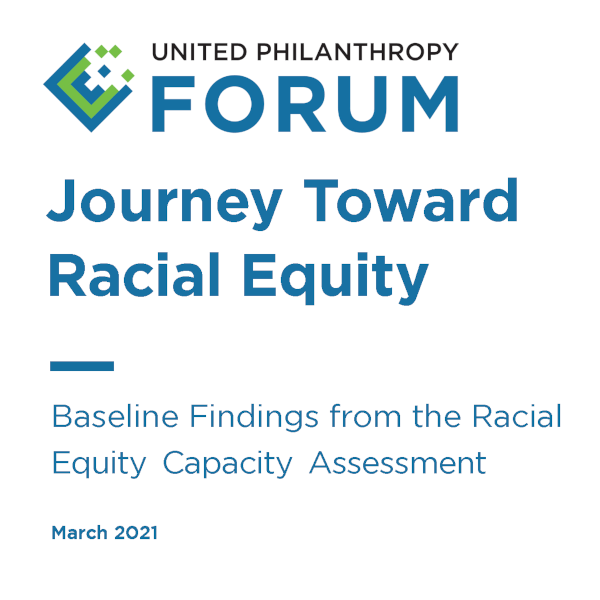Cigna Foundation: April 2021
The Cigna Foundation announced an open call for applications for its new Health and Well-Being grant program, part of an ongoing initiative to improve access to care and eliminate health disparities. In 2021, the Cigna Foundation plans to award over $3 million in grants to support nonprofits and community organizations focused on addressing these challenges.
COVID-19 and Systemic Inequality: Community-led Lessons for Funders
This webinar discussed a new report that focuses on the systemic inequalities that while magnified during COVID-19 have always been a reality for marginalized populations, including, but not limited to, those living with or at risk of HIV.
The Rita and Alex Hillman Foundation: March 2021
The Rita and Alex Hillman Foundation’s 2021 Hillman Innovations in Care (HIC) program will issue a special call for proposals that focus on racism and its impact on health.
Episcopal Health Foundation: March 2021
According to a new report sponsored by the Episcopal Health Foundation, significant pre-existing health differences for Black and Hispanic residents in Texas are leading to higher COVID-19 death rates, plus billions of dollars of increased health care spending and lost work productivity.
Journey Toward Racial Equity
The United Philanthropy Forum’s recent report, Journey Toward Racial Equity, examines philanthropy-serving organizations’ (PSOs) current internal work and external programming to advance racial equity.
New Campaign Seeks to Address Black Communities’ Concerns About COVID-19 Vaccines
Black people are much more likely than other Americans to contract, be hospitalized for, and die from COVID-19. A new campaign, THE CONVERSATION: Between Us, About Us, is aiming to bridge the information gap between Black communities and trusted health experts.
Vaccine Equity, Trusted Messengers, and Civic Infrastructure
This call discussed collective strategies that can support COVID vaccine outreach now and strengthen civic engagement in the years ahead.
Mastering the Vaccine Messaging: Funder Strategies and Collaborations
This session of the Media Impact Funders’ 2021 Forum explored how funders are supporting organizations, projects, and collaborations to promote COVID-19 vaccine confidence in communities of color.
Philanthropy’s Rural Blind Spot
This timely analysis of shows how two aspects of distress—lack of human capital and economic disadvantage—predict communities’ likelihood of both applying for and receiving funding, explores the reasons for these inequities, and provides real-world examples of how funders can better serve these communities.
COVID Vaccine Equity Funders Roundtable
During this networking session, funders connected with and learned from other funders working to ensure the equitable distribution and administration of COVID-19 vaccine.
Newsletter Sign Up
Want to sign up for the GIH Bulletin? Click here to get on the list.
Contribute to the GIH Bulletin and Blog
If you are interested in contributing your story or expertise to the GIH community please review our Editorial Submission Guidelines.





